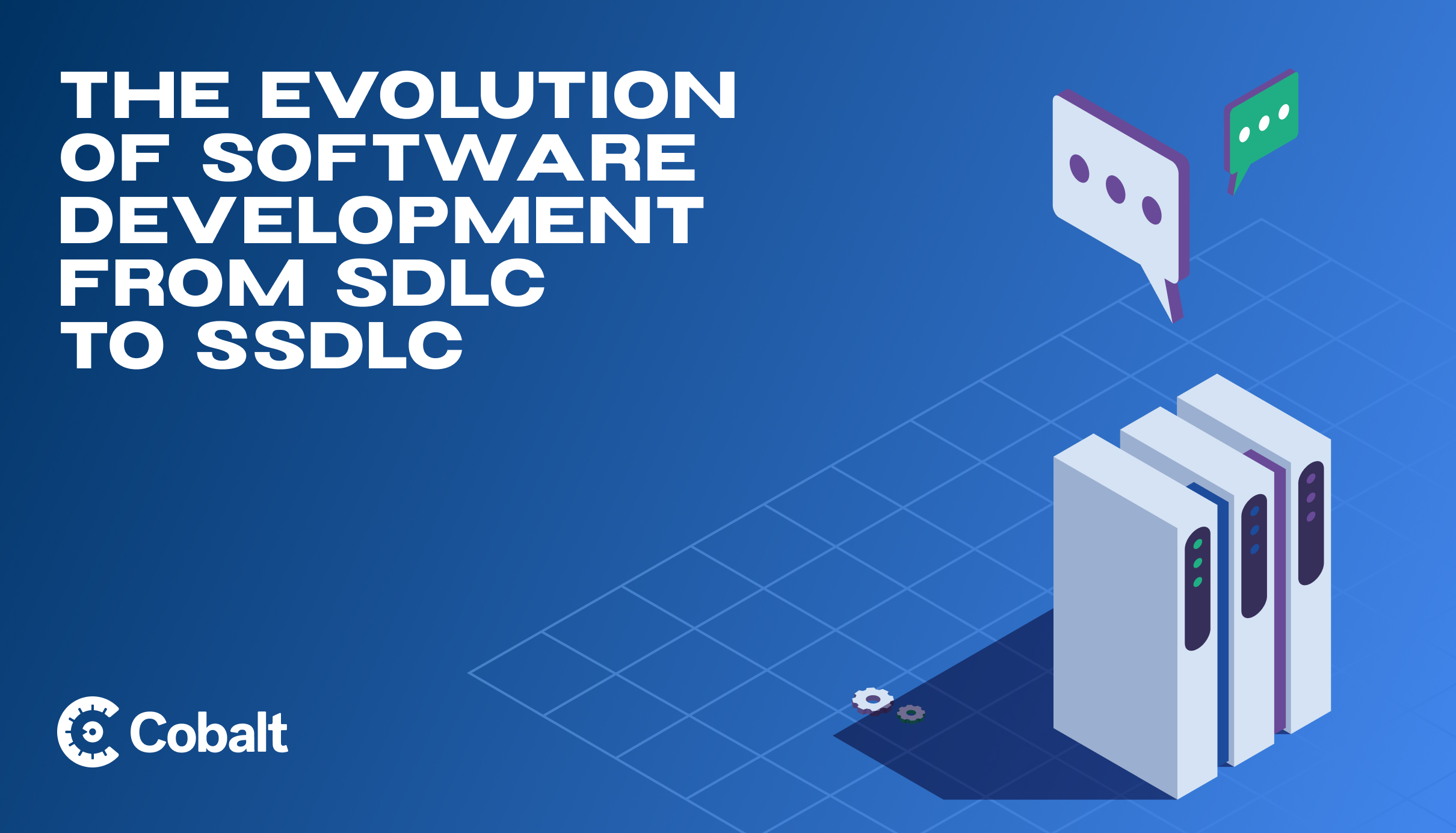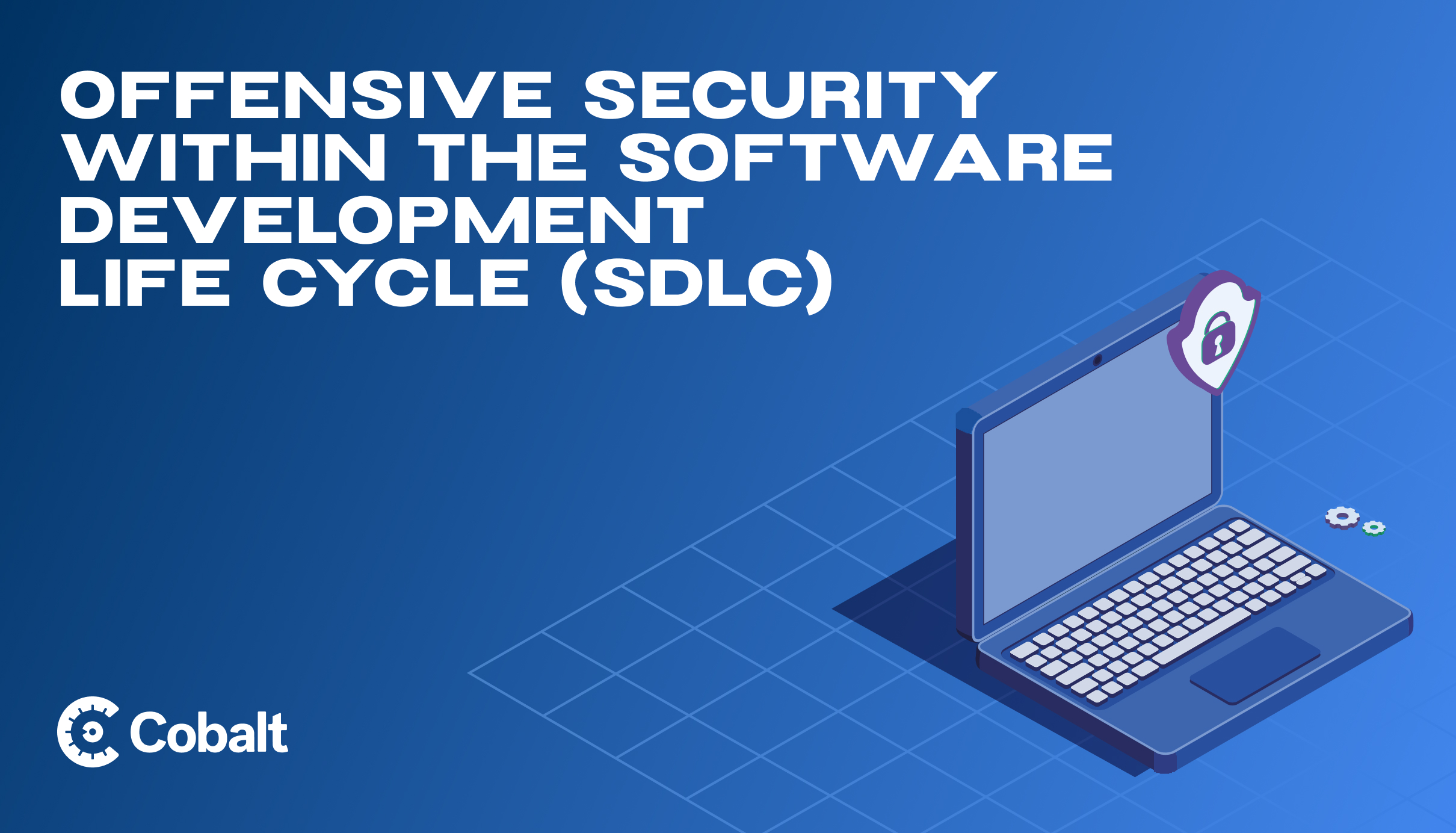As the tech industry continues to evolve at a rapid pace, organizations are striving to remain competitive and secure amid changing conditions.
To that end, SANS released its 2023 survey, which examines the current state of DevSecOps in depth.
This article dives deep into the findings of this report, exploring:
- How DevSecOps is increasingly aligning with business objectives
- The importance of automated security testing in a fast-paced environment
- The changing landscape of security testing
Additionally, we will discuss some of the persistent challenges in implementing DevSecOps solutions—such as budget constraints and remediation speed—and consider how AI is becoming key tools for future success.
Overview of SANS 2023 Survey Findings
The SANS 2023 Survey provides a compelling look at the current state of DevSecOps in the business sector and how this important field is expected to evolve over the next five years.
Conducted by SANS Institute, the report includes more than 1,000 IT security professionals from organizations across the globe, this comprehensive survey highlights how critical DevSecOps has become for organizations looking to remain competitive and secure in an ever-changing world.
The survey results indicate that there is still much work to be done when it comes to implementing DevSecOps solutions, particularly in terms of budget constraints.
However, there are also signs that automated security testing tools are becoming increasingly essential as companies strive to reduce risk while increasing their overall security posture. The emergence of AI as key components of DevSecOps is also a positive sign for future success as organizations look to stay ahead of emerging threats.
At its core, DevSecOps requires a shift from reactive security measures—such as patching vulnerabilities after they have already been exploited—to proactive approaches which prioritize prevention over remediation.
Security tests help teams identify potential issues quickly and respond swiftly with fixes before any damage can be done. This approach also allows teams to build confidence in their infrastructure since they can verify that their systems are secure on an ongoing basis.
Finally, the survey points out that while many organizations are still relying on traditional internal teams to conduct security testing, there is an increasing reliance on external consultancies and cloud platforms. These alternatives allow teams to detect issues earlier and with greater agility than internal tests could ever hope to achieve; thus allowing them to increase their overall security posture even further.
The Increasing Alignment of DevSecOps with Business Objectives
The ever-changing technological landscape requires organizations to remain competitive, and the increase of DevSecOps alignment with business objectives is becoming increasingly apparent.
Recent SANS survey results from 2023 show that 45% of respondents are deploying changes on a weekly or daily basis, indicating a deeper commitment to DevSecOps in order to meet delivery requirements. This early detection allows teams to address these concerns before they become critical problems down the line.
Security testing not only reduces risk but increases overall production efficiency as well. By leveraging cloud based platforms, agile pentesting allows for the identification of issues without internal testing teams - making applications and networks more secure.
Overall, DevSecOps provides organizations with a powerful toolset for improving their security posture while meeting delivery requirements in an efficient manner.
The Essentiality of Automated Security Testing in a Fast-Paced DevSecOps Environment
In the modern, fast-paced DevSecOps environment, automated security testing is an essential component for identifying and addressing potential threats.
Automated tests are capable of running frequent tests or scans throughout the development cycle. This helps teams save time and money when compared to conducting internal security testing, as well as ensuring a faster remediation process.
With the rise of digital transformation, organizations must embrace more efficient security testing solutions such as PtaaS in order to stay competitive and secure in today’s volatile technology landscape.
The Changing Landscape of Security Testing: The Decline of Internal Penetration Testing Teams
The SANS 2023 survey reveals a shift in the landscape of security testing, with organizations increasingly relying on external consultancies and cloud-based solutions to ensure their applications are secure in a DevSecOps environment. This is due to a variety of factors such as security talent shortage, the high cost, and time involved in internal penetration testing, as well as the emergence of AI tools to further improve security posture.
Organizations of all sizes are facing an increased demand for skilled cybersecurity personnel, making it difficult to find adequate staff with sufficient knowledge to carry out internal penetration tests. As such, the burden of performing these tests falls upon external consultants or cloud-based platforms who can provide access to resources that may not be available internally.
Additionally, cloud based testing solutions have access to the latest technologies and frameworks for ensuring application security.
Pentest as a Service, PtaaS, also offers more flexibility than internal penetration testing teams; tests can be conducted for specific tasks or scheduled on an ongoing basis.
Furthermore, cloud-based solutions are becoming increasingly popular for organizations looking for quick results without having to invest heavily in infrastructure or personnel. These solutions allow organizations to run manual tests or automated scans at any time without having to deploy resources onsite or maintain complex infrastructure.
For larger organizations with extensive IT infrastructures that rely heavily on DevSecOps processes, outsourcing security testing can save both time and money while allowing them access to state-of-the-art technologies without needing extensive investments into staff training or hiring more personnel.
Overall, the SANS 2023 Survey highlights an industry trend towards embracing external security testing teams and automated tools powered by AI. The combination of these solutions allows organizations of all sizes to reduce risk while meeting delivery requirements quickly and efficiently within their budget constraints.
The Emergence of AI as Key Tools in DevSecOps
The rise of AI as integral parts of DevSecOps has been a revolutionary shift in the development landscape. According to the SANS 2023 Survey, the utilization of AI for DevSecOps has seen an impressive growth, with a 16 percent boost from 33 percent in 2022 to 49 percent in 2023.
AI provides immense value due to the ability to detect abnormalities swiftly and accurately. Moreover, they can be employed for automated security testing by scanning code multiple times during the development process in order to spot any vulnerabilities early on. Consequently, teams can resolve issues quickly without having to resort to more costly changes once applications go live.
In addition, emerging technology can be used for gaining insight into security trends and risks which may not be evident with manual screening methods. This assists organizations in pinpointing areas where extra protection or mitigation strategies are necessary while also providing intelligence about possible threats that could arise down the road.
All things considered, using AI as key tools within DevSecOps is becoming increasingly crucial since companies are striving to remain competitive yet secure. By incorporating automated security solutions driven by these technologies into their operations, teams can minimize risk while enhancing their security posture over time.
The Persistent Challenges in DevSecOps Implementation: Budget and Remediation Speed
The adoption of DevSecOps has become increasingly popular among organizations, yet there are still a number of challenges that come with implementation. Chief among these are budget limitations and the speed of remediation.
To achieve the desired results, organizations must properly invest in resources and tools to ensure their DevSecOps program is successful. This entails allocating funds responsibly to secure the right solutions, such as penetration testing to provide insight into which vulnerabilities pose the greatest threat.
External security testing teams help companies improve speed when it comes to detecting and addressing system anomalies - an important factor when considering how quickly remediation needs to take place for DevSecOps programs to remain effective.
Overall, implementing DevSecOps requires careful consideration of budget constraints, offensive security solutions, key performance indicators, automation tools and remediation speeds in order for it to reach its full potential without compromising on quality or accuracy. With this combination of elements in mind, organizations will find themselves better equipped to identify potential risks while streamlining delivery requirements efficiently.
Learn how Cobalt assists organizations improve their security posture with Offensive Security Solutions.










